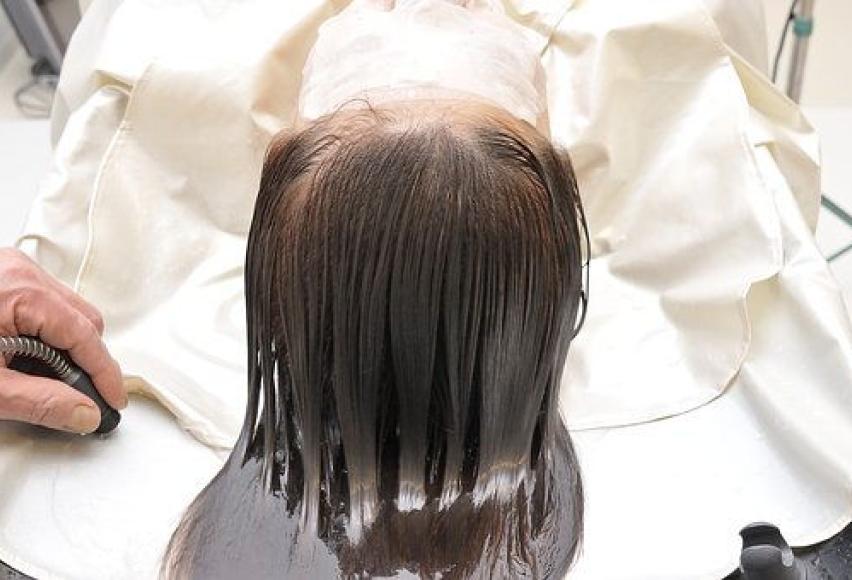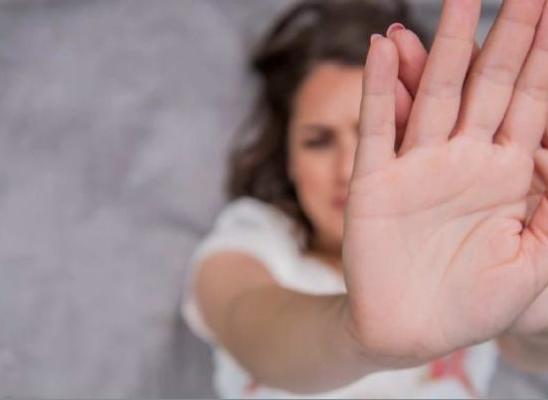Scalp pain remedies for trichotillomania

Online test
Find out the severity of your symptoms with this free online test
It is estimated that 1 in 50 people experience the compulsion to pull their own hair out. For the majority of people the compulsion is focused around the scalp, although many also pull from their eye lashes eye brows and even the pubic region. This caused immense shame and guilt with many never seeking help and suffering in silence. While the pulling itself can cause stress, stress initself can also trigger pulling. This sets in motion a cycle of behavior and consequence that is difficult to break. It has been found that a reduction of stress levels can help reduce the compulsive behavior pattern. It has also been seen that through the correct diet, exercise and a balanced lifestyle, the patient may experience less stress and anxiety which could turn result in a reduction in urges to pull hair. Exercise may improve your mood as the physical activity stimulates various brain chemicals that may leave you feeling happier and more relaxed. Changing one's diet to avoid sugar and processed goods helps treat any comorbid health concerns.
However, repetitively pulling your hair from your scalp may come with immense pain. Fortunately there are simple home remedies that can help you get rid of scalp pain and have your scalp back at its best. One of the easiest ways to prevent scalp pain is to keep your hair and scalp clean. Dandruff may contribute to the urges of pulling, washing your hair regularly will keep your hair and scalp clean.
Use natural products, a non oily shampoo is always a good bet if you have to choose between shampoos. Use natural products that are free of harmful chemicals to avoid futher deterioration of the scalp condition. Many shampoos and hair colouring products contain a harsh and harmful chemical called sodium laurel sulphate. Try and read the the bottle lables to try and avoid using products like these.
Maintaining a healthy balanced diet is very important, there is nothing as effective as the food you eat, always plan and prepare your meals to include at least 50-75 percent raw foods. Along with a proper diet, drink enough water so as to keep yourself hydrated.
DIY Tricks To Calm Scalp Irritation
Treat your scalp with tea tree oil
One of the key properties of tea tree oil is the ability to act against funal and bacterial infections, it also works against inflammation, thereby helping soothe the scalp
Lemon juice
A good antiseptic and easily available in most homes is the humble lemon. Lemon is often used to treat painful scalp, it has anticeptic properties and a few drops applied to the scalp before a shampoo can work wonders. If you don’t have a shampoo, it can alternatively be used by diluting it with a small amount of water. Another good combination is lemon juice mixed with plain yogurt and applied on the scalp for a few minutes. The treatment should be repeated till the pain subsides.
Banana
As a fruit banana has many healing properties. As healthy as it is on the body, it can also be used to treat the scalp. Bananas also provide moisture to the condition it naturally. Applying mashed bananas to scalp and allowing it to absorb for at least half an hour will reduce dryness and inflimation.
Beetroot
 Beetroot scores high, beetroot roots should be boiled and cooled and the extract should be applied at night to the scalp. This needs to be done every night.
Beetroot scores high, beetroot roots should be boiled and cooled and the extract should be applied at night to the scalp. This needs to be done every night.
If the pain persists it is important to consult a medical doctor. If you, or someone you know , expierence scalp pain after pulling, with any of the following symptoms: sudden blindness on one or both eyes, confusion or loss of consciousness for even a brief moment, blood or fluid draining from the nose, mouth or ears, uncontrolled jerky movements, or seizure should seek medical help immediately.
Online test
Find out the severity of your symptoms with this free online test
Start your journey with TrichStop
Take control of your life and find freedom from hair pulling through professional therapy and evidence-based behavioral techniques.
Start Now



